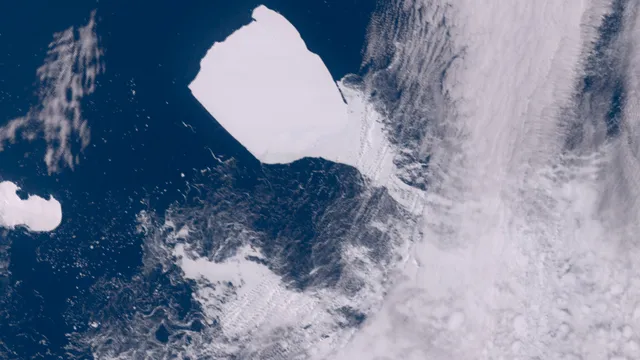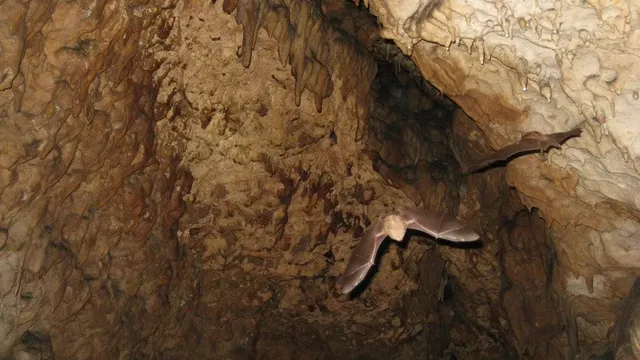Rapid and likely irreversible changes in Antarctica, driven by climate change, could raise global sea levels by several meters and lead to “catastrophic consequences for generations to come,” scientists warn, AFP reported.
A new study, published in the journal Nature and conducted by leading experts, shows accelerated changes in the region that are both a cause and a consequence of global warming. “Antarctica is showing alarming signs of rapid changes in its ice, ocean, and ecosystems,” said the lead author, Prof. Nerilie Abram of the Australian National University. “Some of these processes will be difficult to stop.”
Scientists are analyzing evidence of sharp changes in sea ice, ocean currents, the ice sheet and ice shelves, as well as marine life, and how all these interact. The retreat of sea ice, which reflects solar energy, leaves behind dark waters that absorb it and accelerate warming.
Satellite data show that after decades of relative stability, the sea ice around the continent has dramatically shrunk over the past decade. Since 2014, the ice has retreated on average 120 kilometers from the coastline—three times faster than the melting rate in the Arctic over nearly half a century. According to scientists, this could lead to summer periods with almost no ice in Antarctica even before the Arctic.
This process is already threatening animal species—for example, in the past two years thousands of emperor penguin chicks have died, either drowning or freezing, after the sea ice beneath them melted too early.
The situation is different with the ice sheet and ice shelves, which rest on land. Complete melting of the Antarctic ice sheet would raise oceans by 58 meters, but even the current global average warming of 1.3°C is already approaching thresholds for the loss of massive ice sheets capable of raising sea levels by at least three meters.
“The irreversible collapse of the West Antarctic Ice Sheet is one of the most worrying global tipping points,” Abram emphasized. “Evidence suggests this could occur at warming well below 2°C.”
An additional risk is the breakdown of the Antarctic circulation—a system of ocean currents that distributes heat and nutrients in the region and globally. Research already shows a “rapid and significant slowdown” of this system, which could lead to intensified global warming and a reduced capacity of the oceans to absorb carbon dioxide.
According to scientists, the only way to limit this vicious cycle is to end greenhouse gas emissions. “The emission decisions we make over the next decades will determine how much ice we lose and how quickly we lose it,” Abram concluded. |BGNES

 Breaking news
Breaking news
 Europe
Europe
 Bulgaria
Bulgaria







